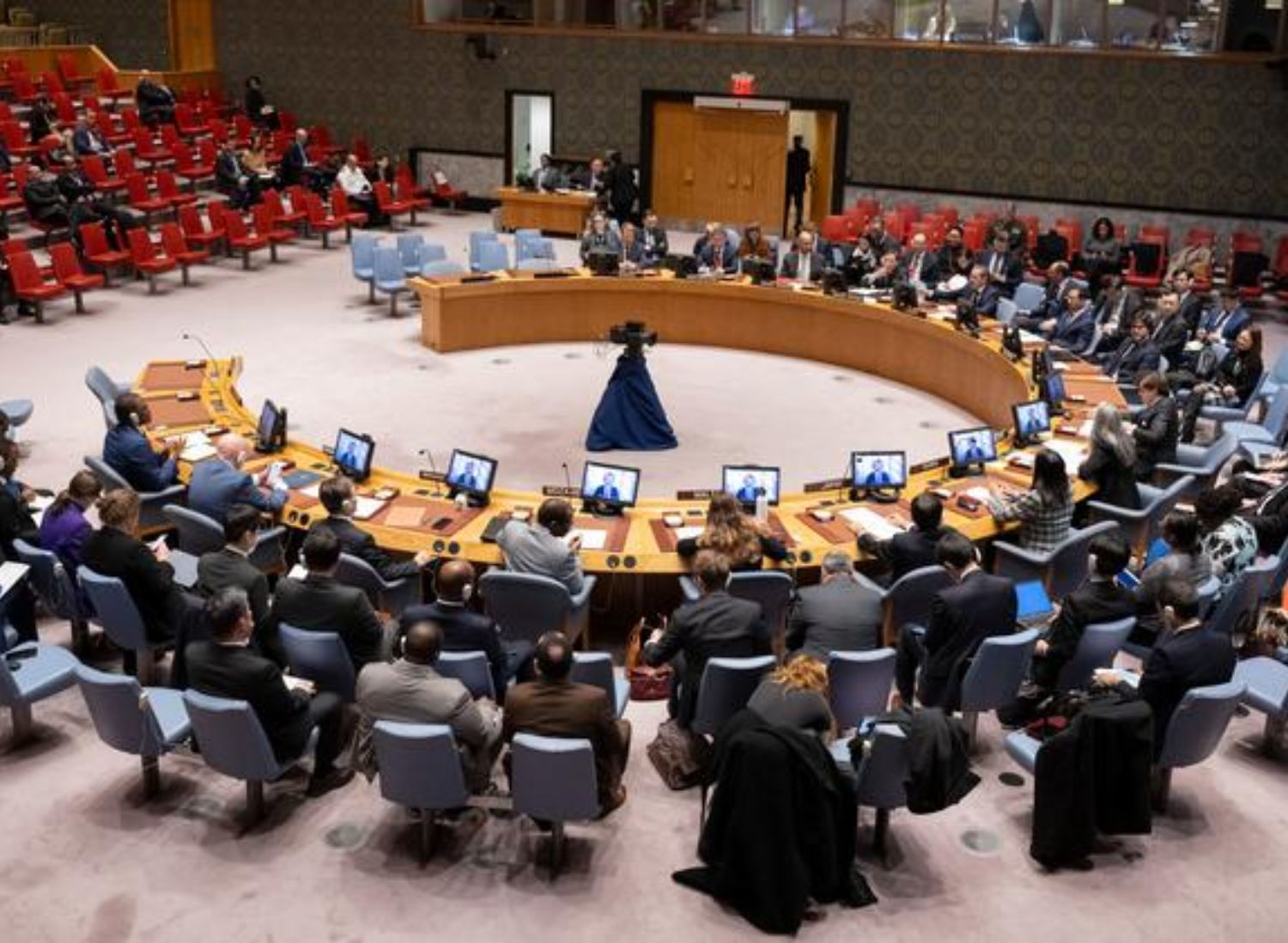MBC - NEWS
news
.jpg)
China’s push into Africa’s battery‑metal and mineral resources is reshaping emerging dry bulk trade patterns. While still a small part of the global market, these long‑haul flows offer growth opportunities, especially for Handy to Panamax vessels.
.jpg)
The United States Trade Representative (USTR) has announced a one‑year suspension of planned port fees for ships built in China, reflecting recent trade‑talk progress. The move comes amid a broader push to ease U.S.–China maritime friction and recalibrate regulatory strategies.
.jpg)
Leading maritime stakeholders are rallying around the IMO’s new “net zero” regulatory framework, signaling strong industry alignment with decarbonisation goals. The move is seen as a landmark step in charting a sustainable future for shipping.
.jpg)
The Panama Canal Authority has unveiled a new “NetZero Slot” to support low-emission vessels and incentivize greener transit practices. This marks a major step in aligning maritime operations with global climate targets.

Ship recycling activity across South Asia and Türkiye continues at a steady but subdued pace, with muted buyer sentiment and selective engagement dominating the market. Seasonal slowdowns, regulatory delays, and macroeconomic pressures are keeping most regions in a holding pattern.

The UN Security Council has sounded an urgent warning over rising threats to global maritime safety, including growing incidents of piracy and armed robbery reported in 2024. Council members emphasized that secure shipping lanes are vital for economic stability and development.
.png)
